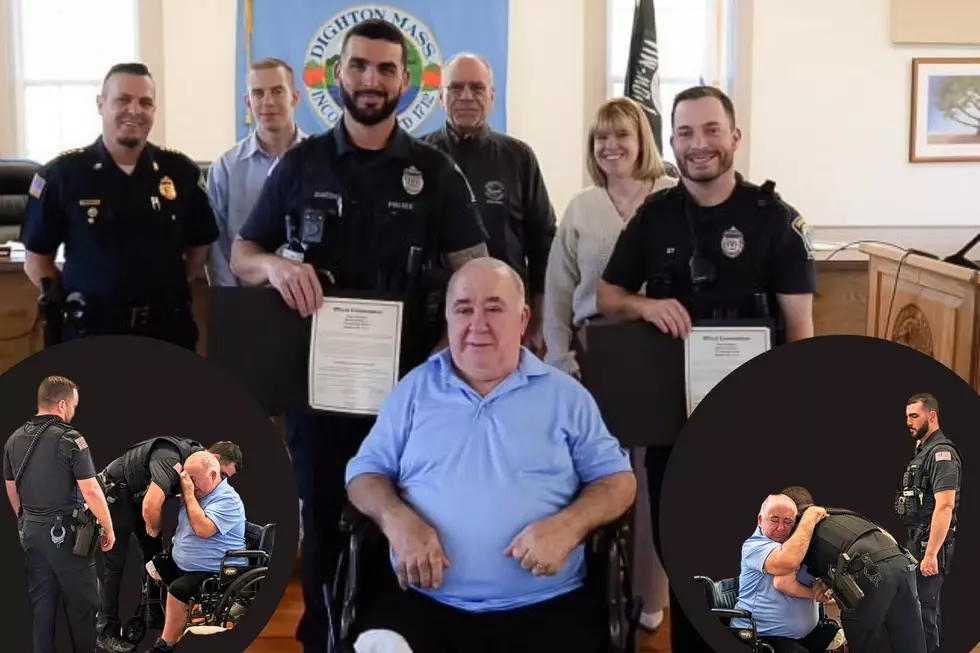
Back To School Blue’s And How To Handle Them
Back to school blue's. Hers how to handle them
Students all over the South Coast return to the class room this week. Some will be happy and some will be a little anxious. These are some tips to help your child
Practice the first day of school routine: Getting into a sleep routine before the first week of school will aide in easing the shock of waking up early. Organizing things at home — backpack, binder, lunchbox or cafeteria money — will help make the first morning go smoothly. Having healthy, yet kid-friendly lunches will help keep them energized throughout the day. Also, walking through the building and visiting your child’s locker and classroom will help ease anxiety of the unknown.
Get to know your neighbors: If your child is starting a new school, walk around your block and get to know the neighborhood children. Try and set up a play date, or, for an older child, find out where neighborhood kids might go to safely hang out, like the community pool, recreation center or park.
Talk to your child: Asking your children about their fears or worries about going back to school will help them share their burden. Inquire as to what they liked about their previous school or grade and see how those positives can be incorporated into their new experience.
Empathize with your children: Change can be difficult, but also exciting. Let your children know that you are aware of what they’re going through and that you will be there to help them in the process. Nerves are normal, but highlight that not everything that is different is necessarily bad. It is important to encourage your children to face their fears instead of falling in to the trap of encouraging avoidance.
Get involved and ask for help: Knowledge of the school and the community will better equip you to understand your child’s surroundings and the transition he or she is undergoing. Meeting members of your community and school will foster support for both you and your child. If you feel the stress of the school year is too much for you and your child to handle on your own, seeking expert advice from a mental health professional, such as a psychologist, will help you better manage and cope.
More From WFHN-FM/FUN 107









